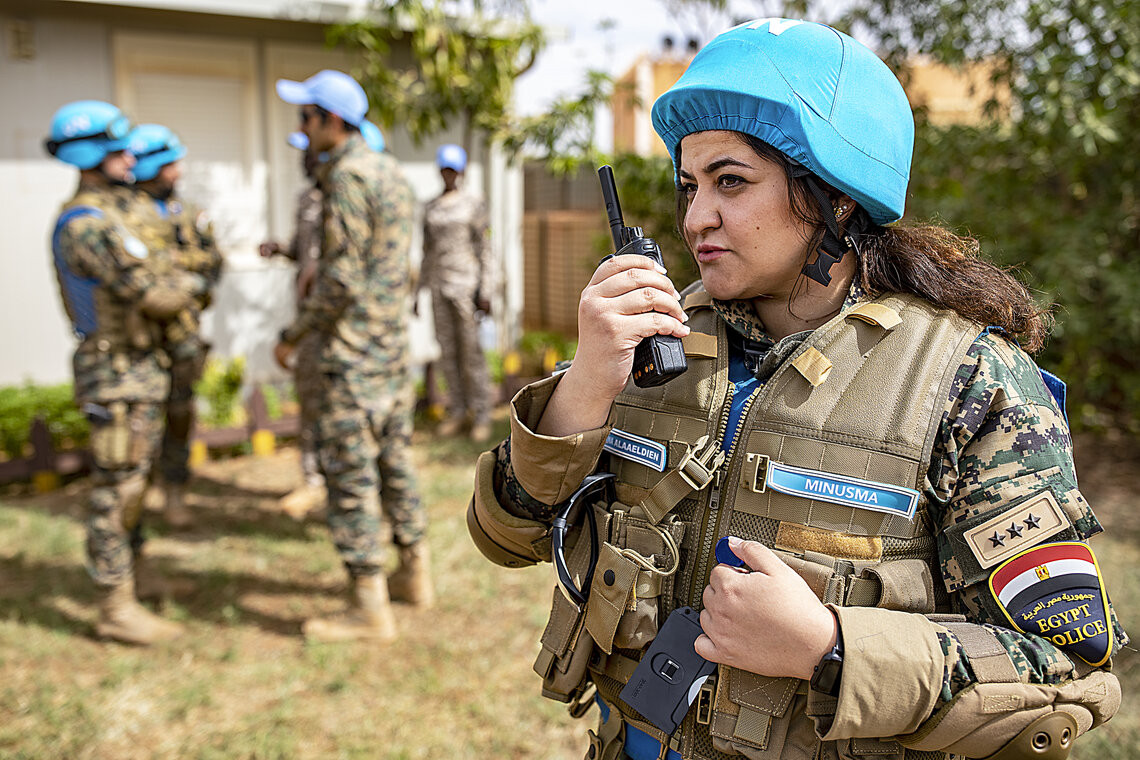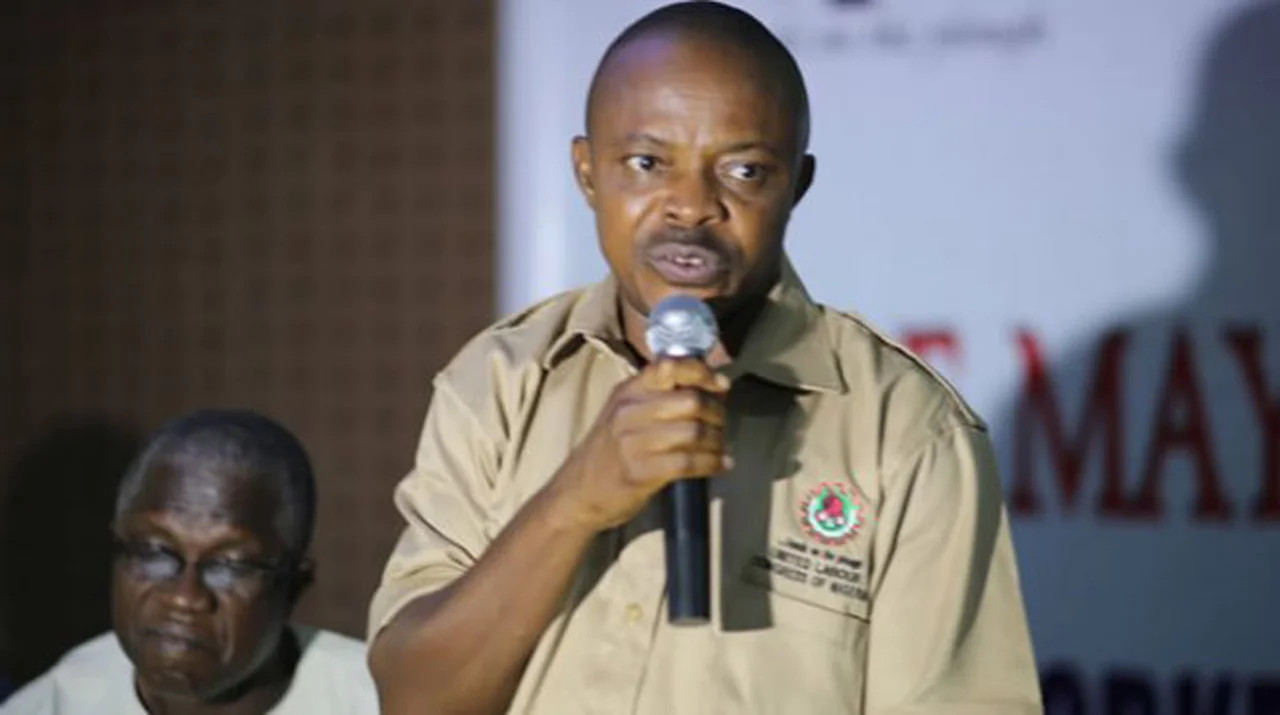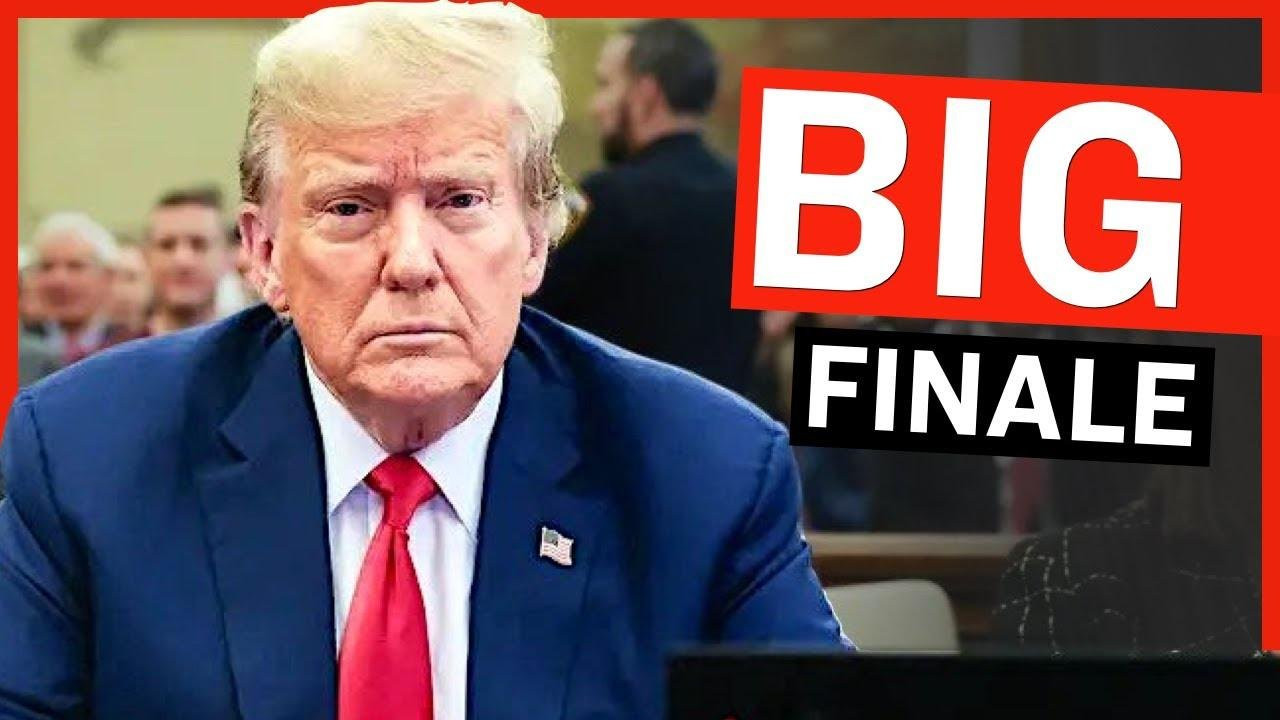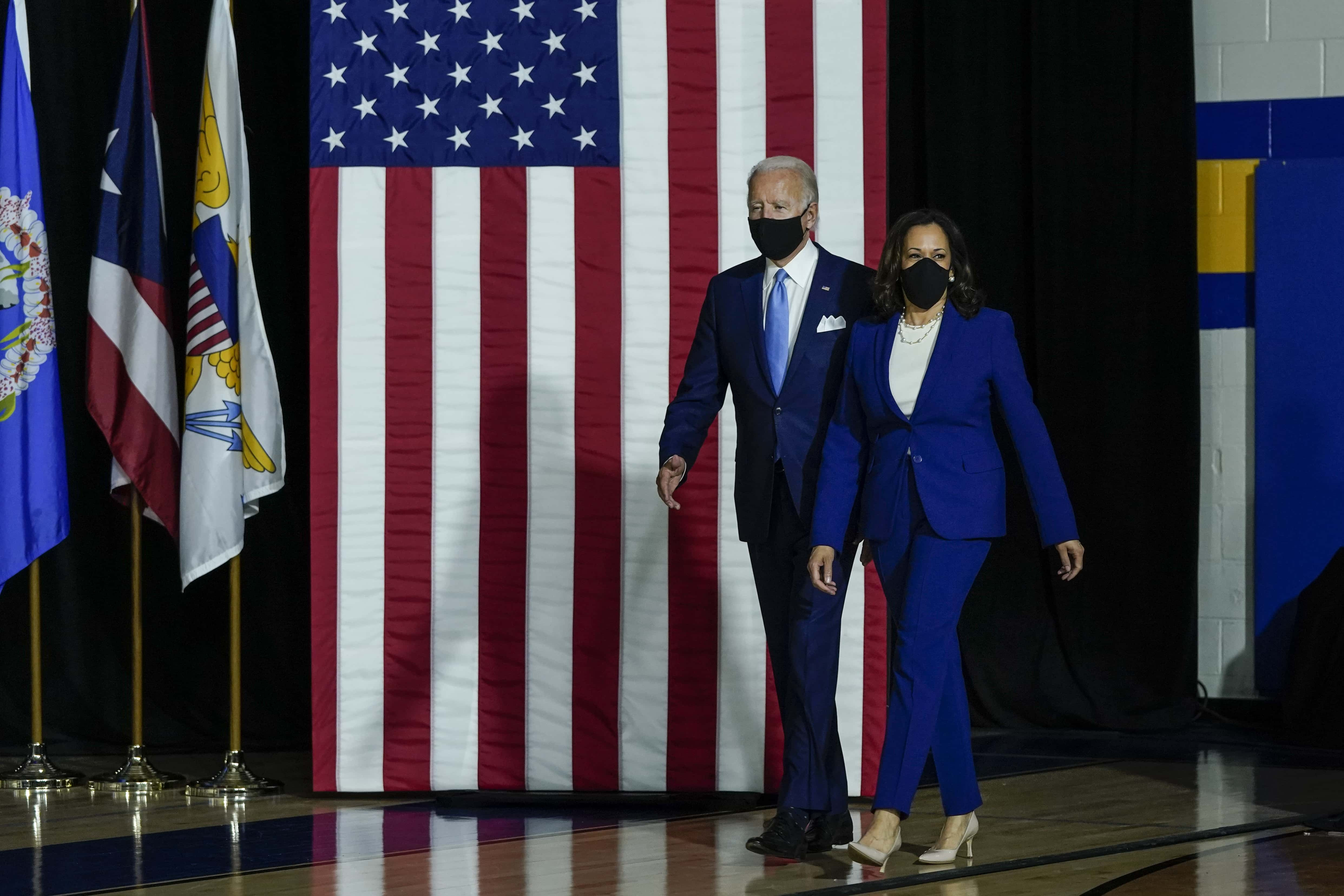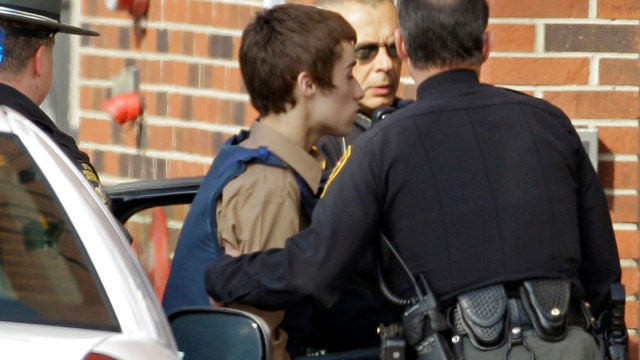As conflicts grow more complex and armed groups increasingly weaponize low-cost technologies like improvised explosive devices and drones, UN peacekeeping missions need greater political support and resources to carry out their duties safely, a senior UN official said on Monday.
“As geopolitical tensions have mounted, including here in this Council, and amid shifting global and regional dynamics, peacekeeping operations are increasingly unable to rely on Member States to act in a strong, unified manner to support peacekeeping efforts they are mandated to support.”
Today, peacekeepers face challenges ranging from transnational organized crime, illegal resource exploitation, climate change impacts, the proliferation of cheap weaponized technology, and targeted disinformation campaigns.
“Despite all these challenges, today over 70,000 peacekeepers bravely continue their vital work. Each day, they make a difference in protecting civilians, clearing mines and explosive remnants of war, monitoring fragile ceasefires and preventing escalation of hostilities,” said Mr. Lacroix.
He went on to highlight the tangible impact of peacekeeping efforts in various regions.
In the Democratic Republic of the Congo’s Ituri province, UN peacekeepers “are alone in protecting” more than 100,000 displaced civilians at the Drodro camp.
In southern Lebanon, UN Interim Force (UNIFIL) personnel face daily threats from cross-border violence but serve as the crucial communication channel preventing further escalation.
The UN Mission in South Sudan (UNMISS) works to advance political solutions by engaging local and national stakeholders, building confidence for long-term peace.
Meanwhile, in Abyei, the UN Interim Security Force (UNISFA) mediates peace agreements between herders and farmers competing over scarce natural resources, preventing conflict during cattle migration seasons by collaborating with local and international partners.
While UN peacekeepers play a critical role in maintaining stability, their efforts alone are not enough without broader political support.
“There is only so much that peacekeeping can do on its own,” Mr. Lacroix stressed, urging the Security Council and Member States to provide unified backing for missions and encourage political solutions to conflicts.
Blue helmets can act robustly to protect civilians, but they do not fight wars.
Peacekeeping, he said, must be seen as “the collective resolve of the Security Council to effectively address conflict,” with mandates that are clear, adaptable, and well-resourced.
He also called for stronger partnerships at local, regional, and global levels, stressing the importance of “networked multilateralism” to address today’s interconnected challenges.
Despite recent improvements in peacekeeper safety, Mr. Lacroix warned of the increasing threat of hostile acts, including drone attacks, and stressed the need for better counter-Unmanned Aerial Vehicle (UAV) systems.
He also underscored that peacekeeping has its limits: “blue helmets can act robustly to protect civilians, but they do not fight wars.”
Looking ahead, Mr. Lacroix pointed to the upcoming Summit of the Future as a critical opportunity for world leaders to strengthen multilateralism.
“Peacekeeping has proven itself as a key tool of this Council, and it must continue to adapt to meet future challenges,” he said.
“Every day, UN peacekeepers are saving countless lives for a relatively small investment. But their missions need the attention, political backing, and resources they deserve. There are few better tools for securing peace in a fragile age.”
The Need for Unified Support
The UN official for peace operations stressed on Monday the urgent need for “strong” and “unified support” from member states to enhance the effectiveness of peacekeeping missions.
“Now in its 77th year, UN peacekeeping remains a cornerstone of multilateralism in action. However, peacekeeping faces formidable challenges, as does the multilateral system writ large,” Jean-Pierre Lacroix, Under-Secretary-General for Peace Operations, told at a UN Security Council session.
Stating that peacekeeping efforts can be “as strong as the collective support of the UN membership,” Lacroix said: “As geopolitical tensions have mounted, including here in this Council, and amid shifting global and regional dynamics, peacekeeping operations are increasingly unable to rely on Member States to act in a strong, unified manner to support peacekeeping efforts or the political processes they are mandated to support.”
He also highlighted five key areas for improvement, including clear mandates, robust partnerships, and continued investment in peacekeeper safety.
“We need broad coalitions of Member States to undergird the political efforts of peacekeepers,” he said, pointing to successful past operations in Timor-Leste and Liberia.
Despite progress in peacekeeper security and evacuation procedures, Lacroix noted the rising number of hostile acts against peacekeepers and stressed the limits of peacekeeping efforts without political agreements or cease-fires.
He further urged leaders at the upcoming Summit of the Future to reaffirm global commitment to peacekeeping and multilateralism.
“The Summit will be a moment to re-appraise and re-affirm the inherent strengths that have made peacekeeping successful over nearly eight decades,” he added.
Voices for Change
The debate explored how the Security Council can do better to provide unified political support to peace operations in delivering on their mandates and to ensure that they operate safely. The discussion provided an opportunity for the Security Council to reflect on how to foster trust and rally support for UN peace operations as part of broader discussions on the future of peacekeeping.
“The Council should not set up representatives of the UN for failure,” she said, adding that “Despite the diplomatic differences and difficulties that you face, it is incumbent on you to give UN peacekeeping operations the political support they need–to end wars and protect the vulnerable.”
Urging the Council to mandate UN Secretary-General Antonio Guterres to visit security hotspots, Al-Hussein said: “It is the Secretary-General who has the most complete grasp of the entire UN system. It is the Secretary-General who also has the clearest vision of the strategic chess board.”
A Call for Action
The need for unified support for UN peacekeeping operations is crucial in a world facing escalating conflicts and evolving threats. The Security Council must play a more proactive role in ensuring these missions are adequately resourced, supported, and empowered to effectively address the complex challenges they face.
The Summit of the Future presents a critical opportunity to reaffirm the commitment to multilateralism and to strengthen the UN’s ability to address global challenges. Only through unified and resolute action can the international community ensure that peacekeeping remains a vital tool for peace and security in a fragile world.




